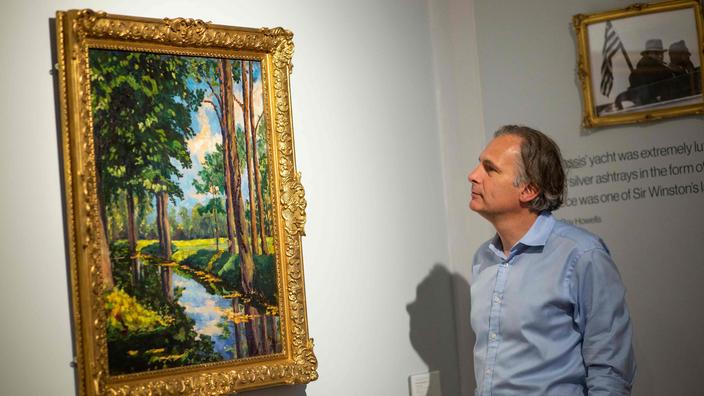Children do not go to school all over the world. Especially girls who have to do housework instead or help to look after the family. In northern Uganda, in Rhinocamp, one of the largest refugee settlements in the country, a particularly large number of girls are excluded from access to education. Volkshilfe wants to change that with its project.
20 school dropouts started school again in March. The goal is to graduate from elementary school, which takes a little longer in Uganda than in Austria. Due to COVID, the schools were closed from March 2020 to March 2021 and have been closed again for 42 days since June 7th.
During this time, the girls were visited by their own counselor at home. A lot is still at the beginning, but the first changes are already – literally – tangible.
Because it is being built. A lot has happened here in the past year when it comes to strengthening the school infrastructure. Improvement plans were drawn up and project ideas developed together with previously trained, local school management committees. Those projects from which girls particularly benefit are to be implemented now. This includes, for example, the construction of an additional building for “Women Teachers”, which will also house rooms for advising girls. Buildings are currently being completed in 3 schools. The walls are being raised and everything should be ready in a month or two. The fourth school will start its construction work in June and finish it in approx. 2 – 3 months.
Those affected are responsible for building supervision together with our local partner PALM Corps: the so-called “Project Management Committee” made up of teachers, students and school authorities who have previously received training in project and financial management.
In addition to the pure infrastructure, it is also about awareness work. 5 education mentors were trained per school, for 4 schools a total of 20 mentors, including South Sudanese refugees, but also people from Uganda, who in turn do awareness work for the topic of education and girls among parents. In the end, the aim is to reach 800 parents in the course of several training sessions, face-to-face discussions and house calls.
The students themselves are informed about their rights, sexual and reproductive health, what abuse is and where and how it can be reported. There have been more attacks in the refugee camps since COVID. Many young people have no employment, they are quasi locked up and so the alcohol consumption and with it the violence increases. The entire community is actively trained and involved in order to find solutions. Dangerous places, such as washing facilities in the warehouse that are poorly lit, are identified and solutions to problems are found together. Teachers were employed who drove to the communities during the time when the schools were closed to help the young people learn. Bicycles were made available to the teachers for this purpose.
In order to change the behavior of society as a whole, a radio campaign has been started, which is broadcast regularly in English and in 3 local languages. It is about girls’ right to education – with a key message that can stand for the entire project: “Parents change the world every single day, they send their girls to school.”
The project “Strengthening Equal Opportunities and Education for South Sudanese and Local Girls in Northern Uganda” is funded by ADA (Austrian Development Cooperation), and it is implemented together with our partner PALM Corps.
–
19. June 2021


